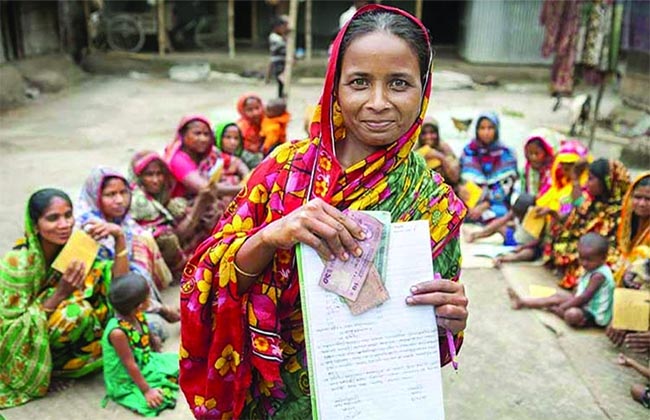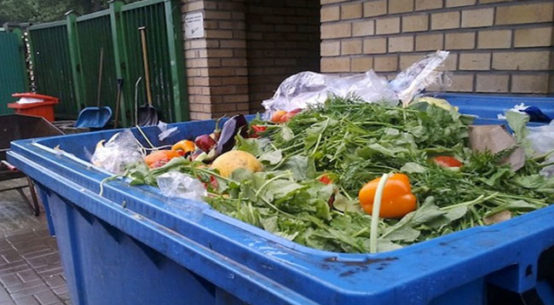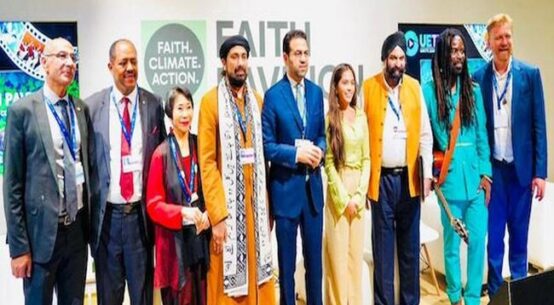
Microcredit has changed the way people in rural Bangladesh do business, giving people and groups the tools, they need for long-term growth. Microcredit programs have helped many businesses break out of poverty by giving them small loans that have helped them improve their lives and get out of tough financial situations. Groups like Grameen Bank and BRAC were the first to start these programs. They give small loans and other financial services to people who don’t have access to traditional banks. Microcredit has helped a lot of people, especially women, because it has given them more power, pushed back against old gender roles, and helped them become financially independent. By giving women loans, microcredit programs have helped them start businesses that bring in money, like chicken farming, making handicrafts, and small-scale farming. This has helped a lot to reduce poverty at the local level. Also, microcredit has helped create a culture of entrepreneurship in rural Bangladesh by giving people access to money and making it easier for people who want to start companies and boost the economy in underserved areas to do so. Microcredit has helped people come up with new ideas and try new things, from retail shops and tailoring shops to new ways of farming and mobile services. This has led to more output and long-term growth. In addition to giving people money, these programs have helped build social capital in communities by encouraging borrowers to form groups or join self-help groups.Community-based approaches like these make it easier for rural entrepreneurs to share skills, help each other, and learn new things. This improves their financial understanding, management skills, and social ties. Microcredit has also been very important in promoting long-term growth and solving social problems in Bangladesh. By giving women loans, microcredit programs have pushed social norms and worked toward gender equality. This has made it possible for women to stand up for their rights, get an education and health care, and take part in making decisions. This gives people more power, which has an adverse impact that makes society fairer and brings people together. In the end, microcredit has been a strong way to get people in rural Bangladesh to start their businesses, which has changed lives, economies, and communities. Its success can be seen in how it has helped fight poverty, given women more power, and led to long-term growth. By continuing to change and deal with new problems, microcredit programs can continue to help rural businesses in Bangladesh and serve as a model for other countries that want to promote economic growth that benefits everyone.
Maisha Maliha is a BBA student at North South University. She can be contacted via email at maisha.maliha1@northsouth.edu


